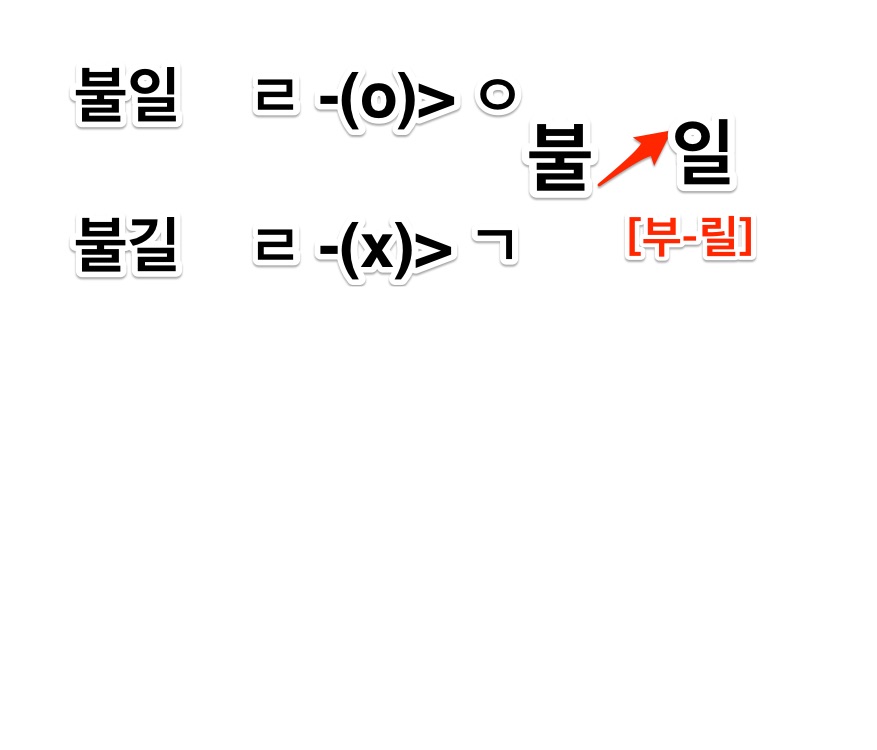(A rule I recall reading has affected how I pronounce words and I want confirmation on whether it is correct.)
When you have a 'character' that ends with a consonant and is followed 'character' that starts with a vowel, then the ending consonant is pronounced with the second 'character' instead of being at the end of the first 'character.' Right?
For example,
(WITHIN A SENTENCE):
- 빨간 불일 때 길을 건너다. (To cross the street when it is red light.)
- Would be pronounced as 빨간 "부릴" 때 "기를" 건너다.
(WITHIN A WORD)
- 입안자 (planner)
- Would be pronounced as "이반자"
To what extent does this happen? Is it within a word that this is allowed or can it be whenever a character ending in a consonant is followed by a character starting with a vowel?
